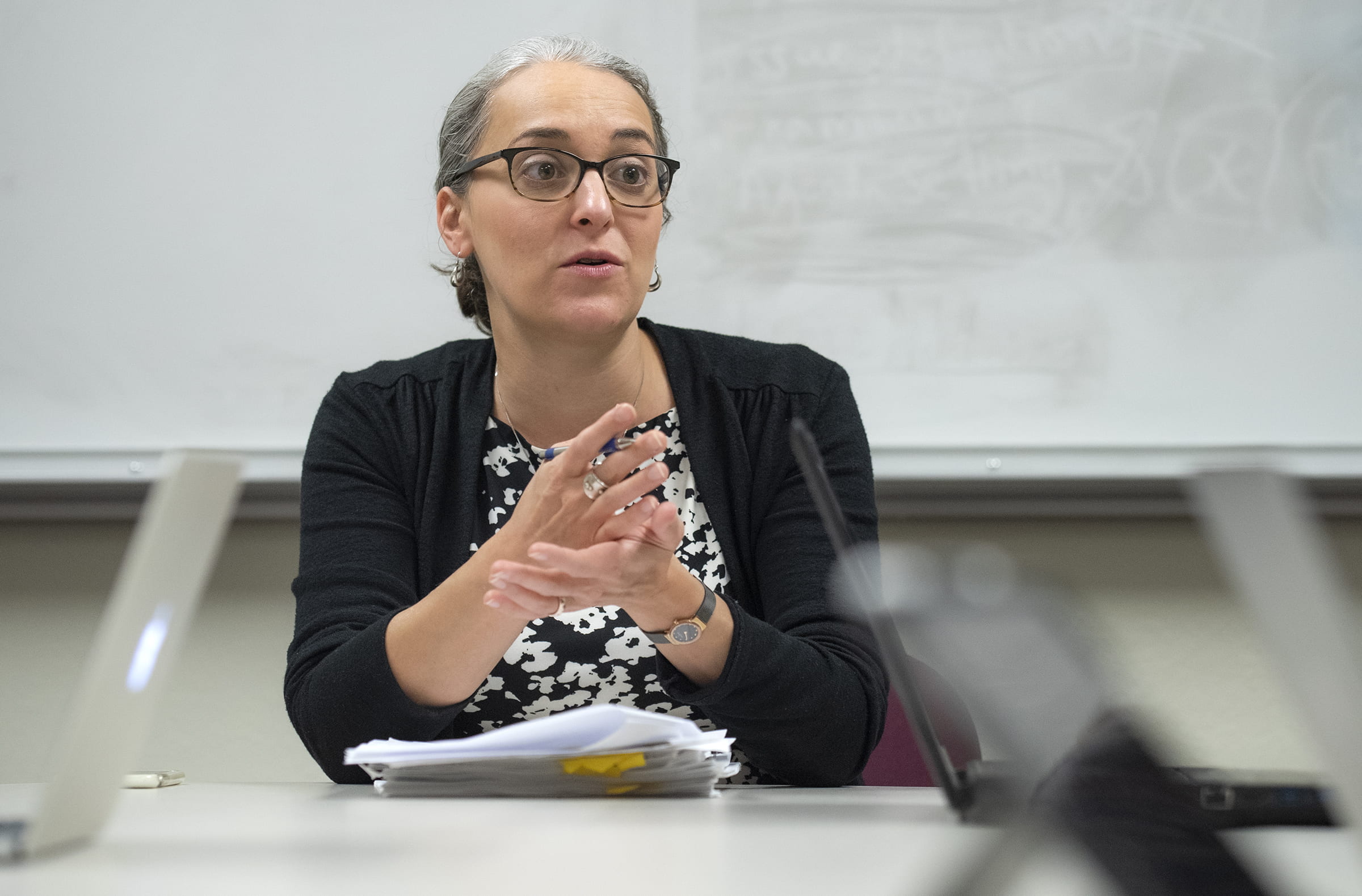Higher education means lower recidivism
UCI announces plans to launch first in-prison B.A. completion program in UC system

One of the most effective interventions for reducing recidivism is higher education, and since 2014, all 35 California state penitentiaries have partnered with community colleges to give prisoners the chance to get an associate degree. Expanding on this idea, UCI plans to launch a new initiative, Leveraging Inspiring Futures Through Educational Degrees. The first in-prison B.A. completion program offered by the University of California system, it will enable incarcerated individuals to earn a bachelor’s degree in sociology from UCI.
“At least 95 percent of people in California prisons will return to their communities, and most will lack the tools to compete in today’s job market,” says LIFTED director Keramet Reiter, UCI associate professor of criminology, law & society. “Educational programs are a reallocation of the funds already being spent in the penal system and achieve much more successful objectives. Lower recidivism means less crime and improved long-term public safety.”
All students – incarcerated or not – who get a California community college degree in certain majors and maintain a specified GPA are guaranteed transfer to a UC school. LIFTED will leverage this existing track. Prisoners who earn an A.A. in sociology from Southwestern College with a GPA of at least 3.5 will be eligible for admission to UCI. They will be able to obtain a B.A. while serving their sentence or be eligible to matriculate on campus if they’re released before finishing their course of study.
“In the past five years, there have been policy revisions in California. Many people who were convicted as juveniles or under the three-strikes law for nonviolent felonies will be released sooner than expected,” Reiter says. “LIFTED will provide them with a real chance to make positive changes in their lives and society. As for those who will remain incarcerated, someone with a bachelor’s degree is better equipped to function and contribute, even while constrained by prison walls.”
The LIFTED steering committee also includes Pavan Kadandale, associate professor of teaching in molecular biology & biochemistry; Valerie Jenness, Distinguished Professor of criminology, law & society; Carroll Seron, professor emerita of criminology, law & society; and members of UCI’s Underground Scholars Initiative, a group of formerly incarcerated students and their allies.
“This program will help raise awareness of the available opportunities and develop new pathways for current and former prisoners to continue their education,” Reiter says. “It will also be a model for other departments at UCI besides sociology – and for campuses beyond ours, so that B.A. programming options will be offered across the UC system.”